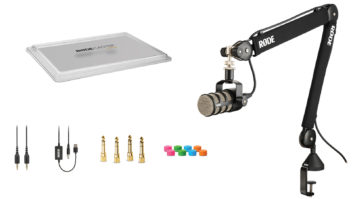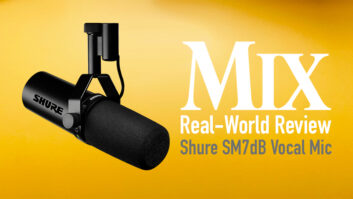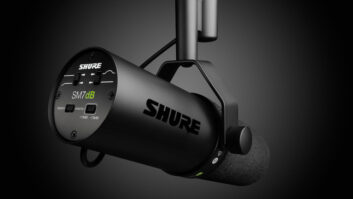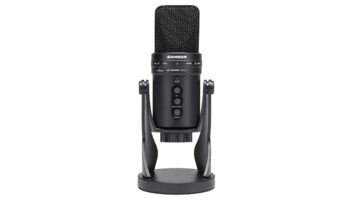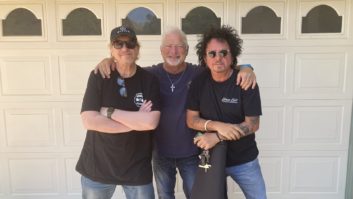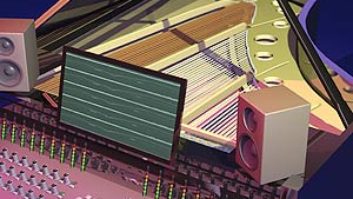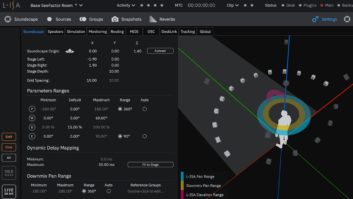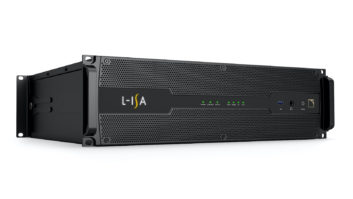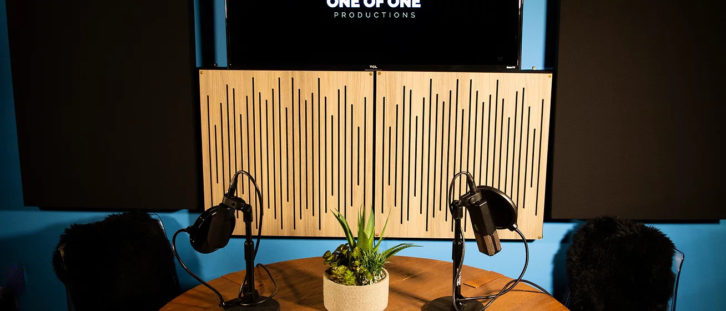
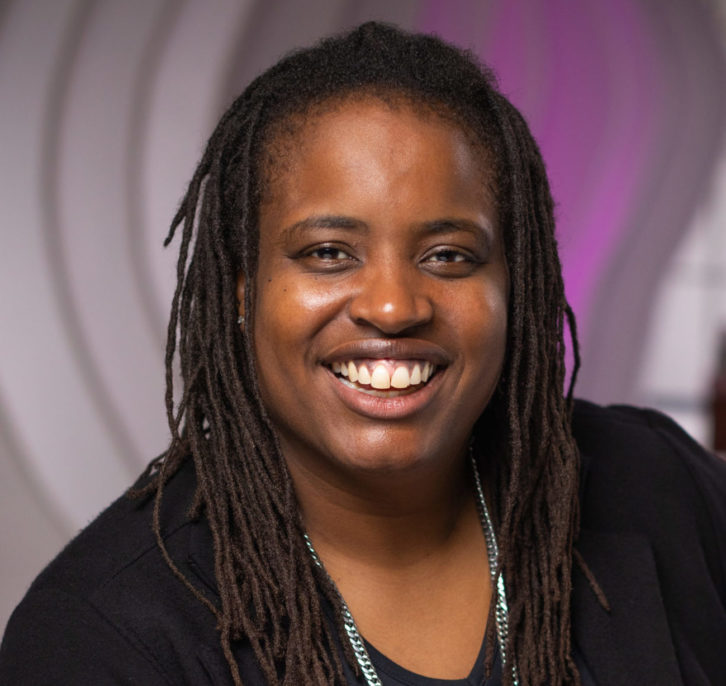
The microphone is the first part of capturing great sound for your audience, but picking a podcast microphone for your studio can be overwhelming, because there’s many choices and prices. Let’s explore the pros and cons of each style of studio microphone; we will begin with dynamic mics, then move to condenser mics and end with tube mics.
If you want to hear these mics for yourself and discover their differences, check out The Art of Music Tech Podcast Episode 51: How to Pick a Microphone for Your Podcast Studio—a special edition of my podcast, created to go along with this article.
Dynamic Microphones
Dynamic microphones operate on an electromagnetic principle using a diaphragm that is attached to a coil of wire and does not need an external power source. It’s an even and mellow sound that our collective ears are used to, but it also lacks the vocal nuance on the higher frequencies that condenser microphones provide.
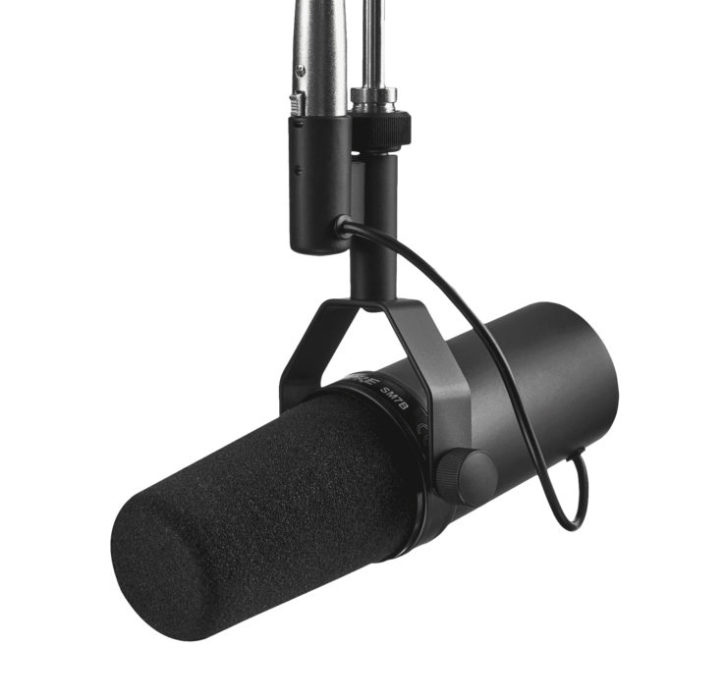
When starting your journey as a sound engineer, dynamic mics are the training wheels to get you started. If your budget starts at $20, dynamic mics can get you started! There are exceptions like the Electro-Voice RE-20, Sennheiser 421 or Shure SM7B—microphones that are in many of the world’s studios and radio stations, and which can cost up to $500. Those mics have a smooth mid-range that helps for certain types of vocals.
Your Next Studio Microphone – The Complete Guide
Condenser Microphones
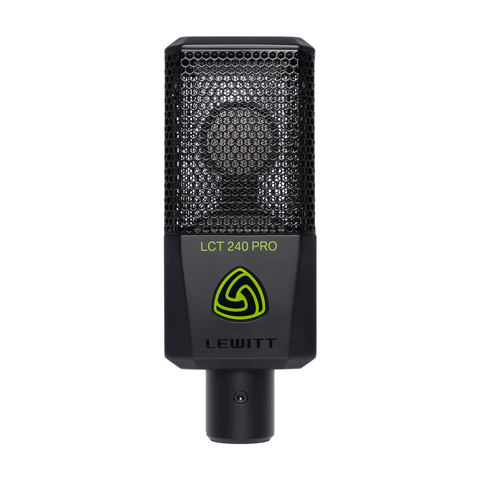
Condenser microphones use a pair of charged metal plates—one fixed (the backplate) and one movable (the diaphragm)—with the plates requiring a power source. Condensers are ideal studio microphones and are known for their crisp sound on the higher frequencies, giving plenty of nuance to vocalists, voice-over artists, podcasters and others.
Large diaphragm condensers (LDCs) are the standard in many podcast studios. You’ll find them usually with a starting price of $100 and going up to about $3,500. AKG 414s and Neumann TLM 102s are popular models in this range. Our studio, One of One Productions, uses Lewitt LCT240 on our podcasts because of the $150 price tag, slick appearance for video and, most importantly, great sound.
Tube Microphones
Tube microphones are often large diaphragm condensers. A vacuum tube’s job is to boost signal while lowering the impedance so that the signal is able to travel within the rest of the mic’s circuitry and through the output connection. This results in a warm and rich tone that highlights any sound that it records.
These microphones cost anywhere from $1,000 for lesser-known brands to $13,000 for vintage Neumann tube mics. Remember to let these mics heat up for at least 30 minutes to get the best-possible sound. Tubes are also great for studios that record vocals in addition to podcast recording. These microphones are large, so there may be an issue if you’re also shooting video, as it may block the talent’s face!
Can a Neumann TLM 103 or AKG C 451 EB Mic Record an Entire Band?
There’s so many great podcast microphone options out there that will fit any budget! I encourage you to do additional due diligence and research by listening to our The Art of Music Tech Podcast episode that we recorded for this article. Denis, my business partner, and I recorded ourselves on each kind of mic discussed. Hear the nuances of our voices in the podcast through each microphone style and get a better idea of what would works for your studio space.
Fela Davis is a 2019 Hall of Fame inductee at Full Sail University. She also owns 23dB Productions and One of One Productions Studio, which specializes in podcasting, video, and music production. Clients include the Holding Court with Eboni K. Williams Podcast, SiriusXM, Atlantic Records, iHeart Radio and numerous Grammy award-winning musicians.
